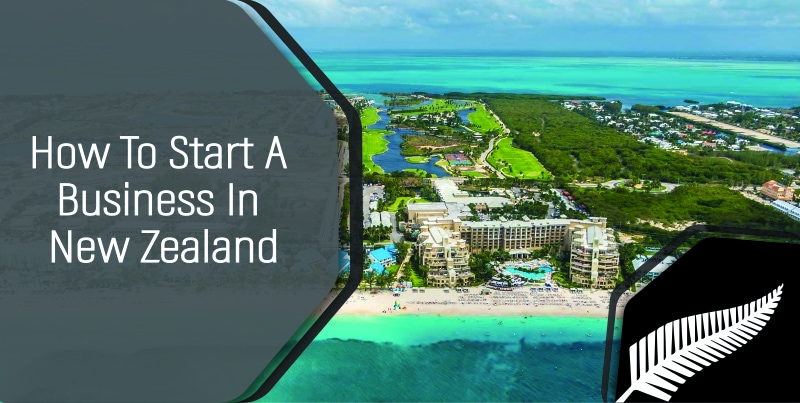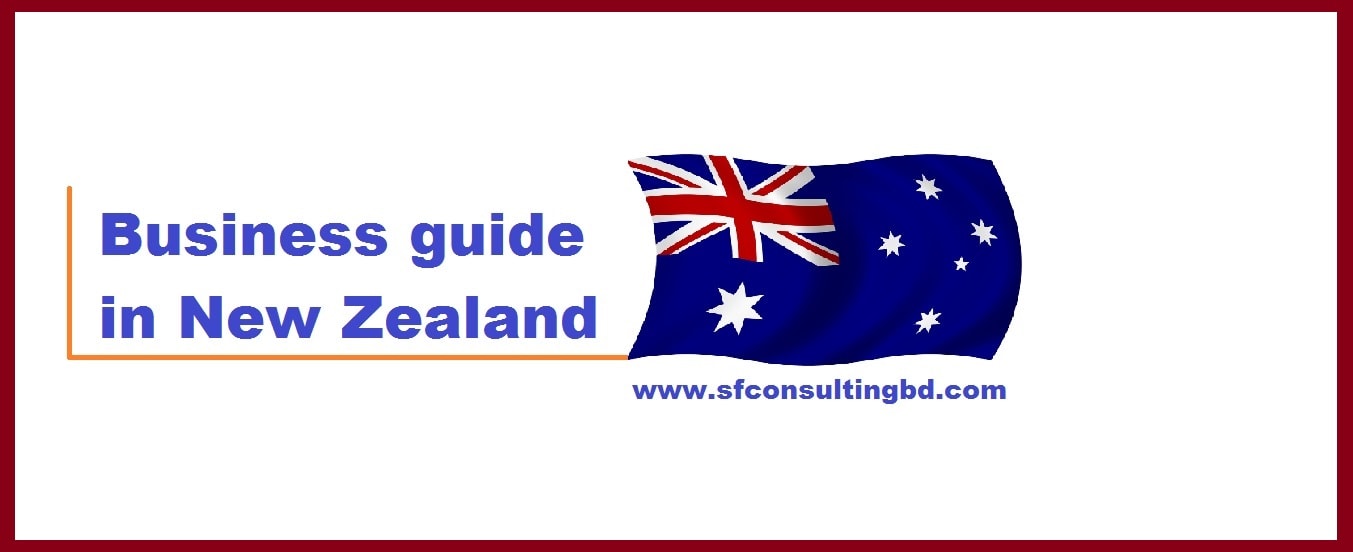
Whenever and wherever you want to start a new business or thinking to expand it, the first thing you try is a plan. Very common question, how to start a business in New Zealand as foreigner? The reason is, if you fail to plan a business you plan to fail. In so working out a comprehensive plan you have to focus invariably on some dots that would help you navigate your vehicle smoothly to your desired destination. You have to do your homework on the country or the location itself, the culture, language, economy, prospects, legal aspects to draw a plan.
The Country & the economy
New Zealand is ranked number two in the Best Countries for Business-2016 by Forbes. It’s a multi-lingual and multi-cultural country with 4.70 million inhabitants living peacefully respecting each other in an area of 103,483 mi² consisting of two islands. The population of New Zealand includes are, European 74.5%, Maori 9.7%, other European 4.6%, Pacific Islander 3.8%, Asian and others 7.4%. The country runs an export-oriented competitive economy with exports accounting for about 30% of GDP. The stable and competitive economy of New Zealand has experienced positive economic growth for 33 of the last 35 years
Cultural Factors
By born New Zealanders are open and friendly. Sharing food is one of the most conventional Kiwi ways of bringing people together in a relaxing atmosphere. Smoking is becoming a discouraging habit here in New Zealand and prohibited in public buildings, including bars and restaurants. The New Zealanders are basically kind-hearted with a helping attitude. Saying no is a bit tough for the kiwis in general and need to check New Zealand GST. They are highly environmentally concerned and have a strong desire to preserve their country's beauty and greenery. New Zealanders are outgoing and accommodating. Although somewhat reserved in the beginning, but polite. Business dress is by far conservative, even though they prefer to put off jackets and roll up shirtsleeves while at work.
Usual Business hours are 9:00 am to 5:00 pm, Monday to Friday.
Language
New Zealand has three official languages. These are English, Maori and NZ Sign Language. Of course, English is the language of day-to-day business within New Zealand.
Location of your Business
The Living costs in New Zealand are high. Affording a living in major cities of the territory is to share almost 20% of monthly income as far as rent is concerned. Following are the costs of living index of three major destinations in New Zealand:
Expatistan’s Cost of living index for Oceania & Australia
| Cities / Countries | Points | Oceania [10 Cities] | World [320 Cities] |
| Auckland | 195 | 5th | 29th |
| Wellington | 187 | 6th | 33rd |
| Christchurch | 169 | 9th | 61st |
In the Wellington CBD [Central Business District], the average total occupancy cost is around $350/per SQM, against a national average of $415 per SQM, and Auckland's average of $560 per SQM [approximation]. Anyway, there are opportunities for cost-effective options in the Hutt Valley, Kapiti Coast, Porirua and Wairarapa regions for companies interested in regional locations for their businesses. These locations ensure reasonable cost savings in rents.
Commercial office costs [Estimates] is ranging from NZD150 to $500 per SQM annually depending upon the grades and locations, while the Occupancy costs per SQM [estimated average] is NZD350 in Wellington, NZD550 in Auckland against a national average of NZD400.
Business Factors

Taxes and Levies
Domestically, the tax system is in New Zealand is far easier to navigate. There is no payroll tax to pay and no mandatory social security or capital gains tax to pay. Well, there are certain taxes, such as the ACC [Accident Compensation Corporation], Levies are quite time-consuming. The corporate tax rate is 28% and the taxpayers have to make seven payments in a year consuming 152 hours.
Big in area small in market
It’s difficult to afford the costs of business for the big corporate houses aiming at the local market only. It’s a small market of 4.70 million population comparing to the area it owns [103,483 mi²]. Planning a market outside New Zealand is should be the pre-condition to keep floating.
Labour costs
The yearly wage hike in New Zealand edged up to 1.7 percent in the Q2 of 2017, from 1.6 percent in the previous period. The current minimum hourly wage rate in New Zealand for Adults is NZD15.75 and NZD12.60 for Starter and Trainee.
The options of business forms before you
Company Registration
First, you have to reserve your name with the New Zealand Companies Office for a fee of NZD10.22. Once the name reservation process is done, an online form has to be filled and submit along with the fee for the registration NZD150. The payment of the fee can be made by Visa, Master Card, Internet Banking, or by Cheque.
It would take just 30 minutes to the New Zealand Companies Office to complete the registration and email the Certificate of registration. Usually, the Certificate sent to the company in PDF and an executive folder for surface delivery.
For the delivery of the folder containing all hard copies of the documents, NZD 40 will be charged. While online registration process is on, the company would too apply on-line for the IRD and GST number. The IRD is the company’s ID for Income Tax and GST for the Goods & Service Tax and this is how to start a business in New Zealand. The Inland Revenue Department of the New Zealand government will issue these.
New Zealand is one of the worthiest places for businesses in the world. While it’s open, New Zealand is strict to its rules and regulations. Once you start your business you need to honor its laws to get the best out of its resources.
See: The company registration process in New Zealand here